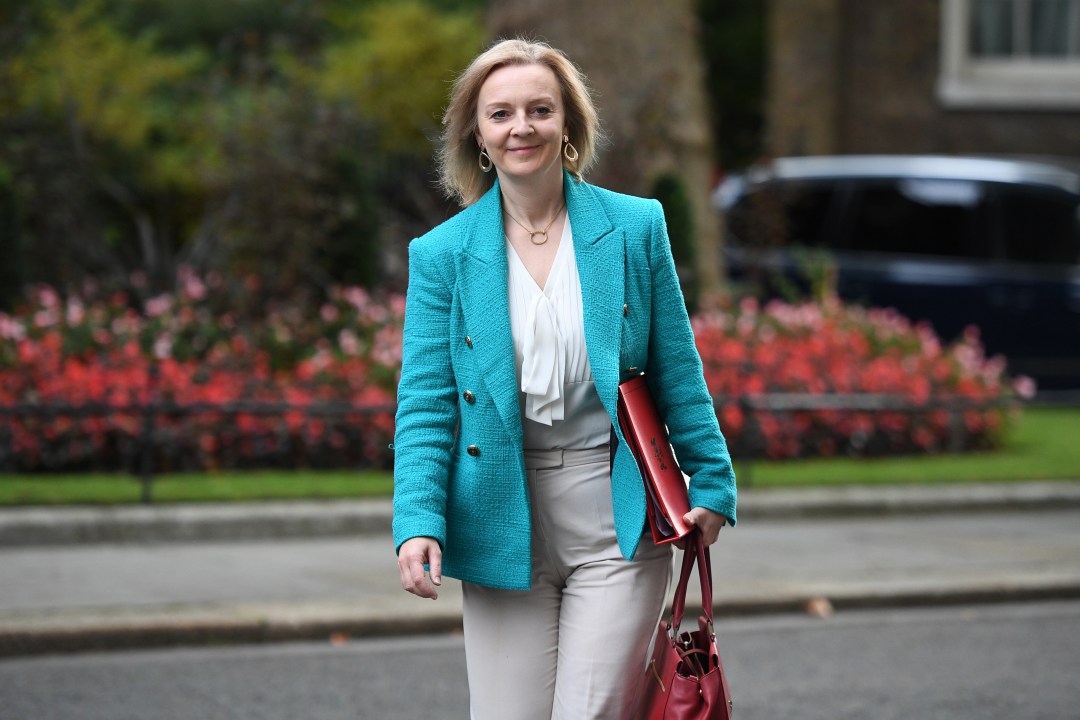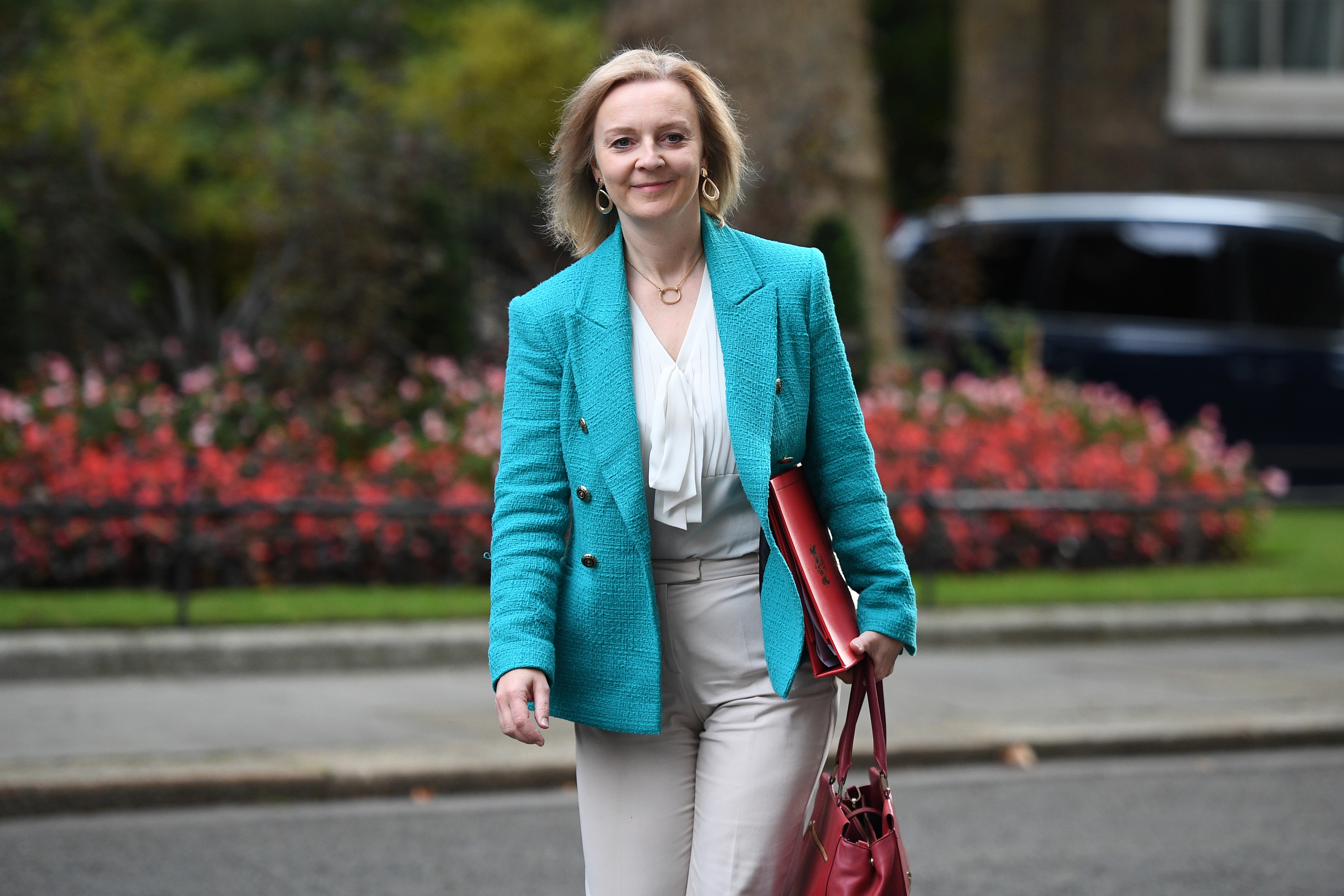Back in October, international trade secretary Liz Truss held the first meeting of the reconvened historic Board of Trade after decades in abeyance. The appointment of former Aussie PM Tony Abbott among others to this once great commercial champion prompted a paroxysm of fury from the usual suspects, with Truss’s shadow Emily Thornberry dubbing him a ‘Trump-worshipping misogynist.’ But now it transpires that Abbott’s appointment could have been the least of the Department of International Trade’s worries.
A Freedom of Information request has confirmed that the modern Board is a continuation of the late eighteenth century entity, established by the Order in Council of 1784. As this Order has not been revoked, there are no new Orders in Council, Warrants or Ministerial letters in relation to the creation of a new Board of Trade. This means that not only does the Board’s full title remain The Lords of the Committee of the Privy Council appointed for the consideration of all matters relating to Trade and Foreign Plantations – hardly one for the right on brigade – but that there are numerous ex officio members, including the Archbishop of Canterbury.
The thought of Justin Welby descending from Lambeth Palace appears to have filled the mandarins of the DIT with such dread that he has not been invited to any meetings over the past four years nor informed of the progress of the Board of which he still remains a member. A departmental spokesperson for Truss told Mr S that ‘we are aware that the extant offices listed in the original Order’ are ‘technically’ still members of the Board because the pre-existing Order in Council ‘has not been set aside or amended.’ However since the reconvening of the Board of 2017, the international trade secretary ‘is the only active member of the Board’ attending quarterly meetings with its advisors.
What a shame. Mr S was rather taken with the idea of Justin Welby giving his ecclesiastical ruminations on the intricacies of tariff negotiations. Historic Hansard suggests the last Archbishop to attend such a meeting was John Bird Sumner in 1850 – another Etonian and Cantabrigian whose relatively liberal views brought him into conflict with the diocese. And who knows, maybe the Archbishop could learn a thing or two about resurrecting historic institutions and restoring them to their former greatness?








Comments